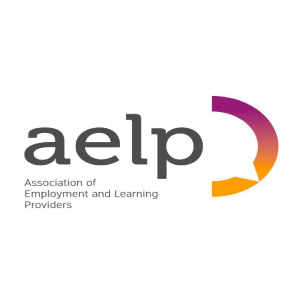
How to embed British Values into the Curriculum
Ofsted’s new Education Inspection Framework looks at how centres incorporate aspects of personal development, behaviour, welfare and safeguarding into learners’ study programmes. A requirement for this is that centres must now be able to provide evidence that learners are building the knowledge and skills in order to protect themselves from risks. A key subject area included in these new rules and high on Ofsted’s agenda is British Values. In this article we will look at how British Values can be embedded into the curriculum and alternative ways of engaging learners with the 4 pillars of British Values.
One way to embed British Values into a learner’s curriculum is through online learning. The flexibility of online learning means that learning British Values in this way can be fit into a study programme at a time that meets the individual’s learning needs, as well as filling any study gaps to ensure full time funding hours are met. The Ascentis online Entry 3 British Values qualification is interactive, assessed by a multiple choice e-assessment and learners can work through the course at their own pace. The Level 1 British Values qualification is accompanied by free interactive online resources and assessed through a learner assessment booklet, which also can be used as a portfolio of evidence to satisfy Ofsted’s requirements. Both the above qualifications are fully funded.

Alternative ways of engaging learners with the 4 pillars of British Values
- The ‘You be the Judge’ government website is a great tool to get your learners engaged with discussing one of the key pillars of British Values ‘the rule of law’.
- Encourage learners to research and discuss democratic historic events to understand what went wrong, why it went wrong, and how our rights have evolved as a result of it.
- Let the learners express their thoughts – don’t be afraid to encourage debate within the classroom. For example ask the learners ‘Do they think 16-18 year olds should be able to vote?’ and discuss the reasons behind their thoughts.
- Hold a mock election to get students active within the democratic process. Alternatively get learners to think about whether the first-past-the-post voting system is fair and evaluate the pros and cons of the other types of voting systems.
- Encourage learners to think about the issues that affect them and the issues that they would like new laws created for. For example let’s use cyberbullying. Get the learners to thinks of how young people can be at risk online and how would they describe cyberbullying in a new bill so that it would be effective in practice.
- There are many free resources you can take advantage of which would help your learners really engage and understand the four key pillars of British Values. For example: visit parliament or courts; contact local magistrates’ court and invite them to come and speak within the lesson; laws and debating workshops for learners. For more information visit www.parliament.uk/education/
















